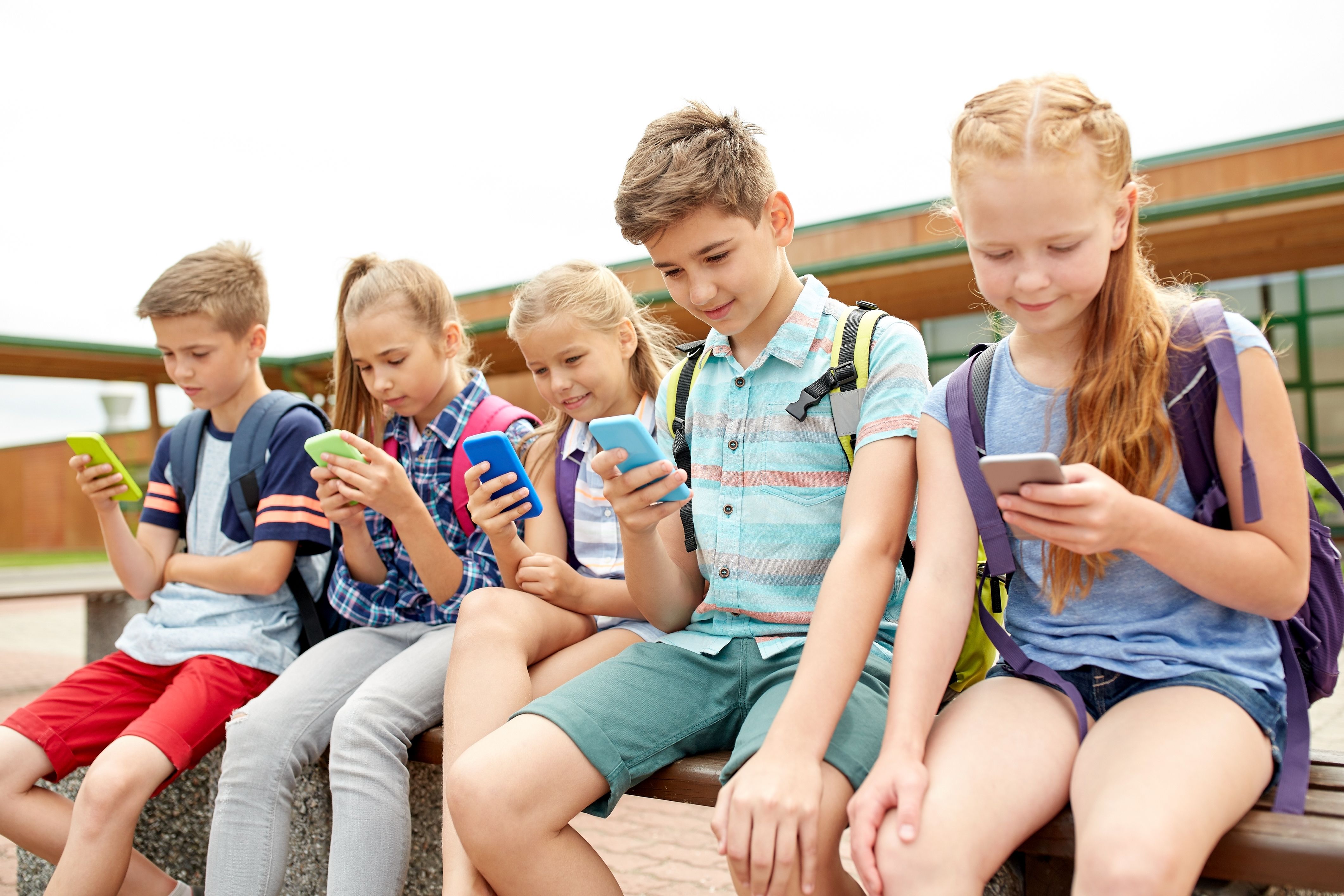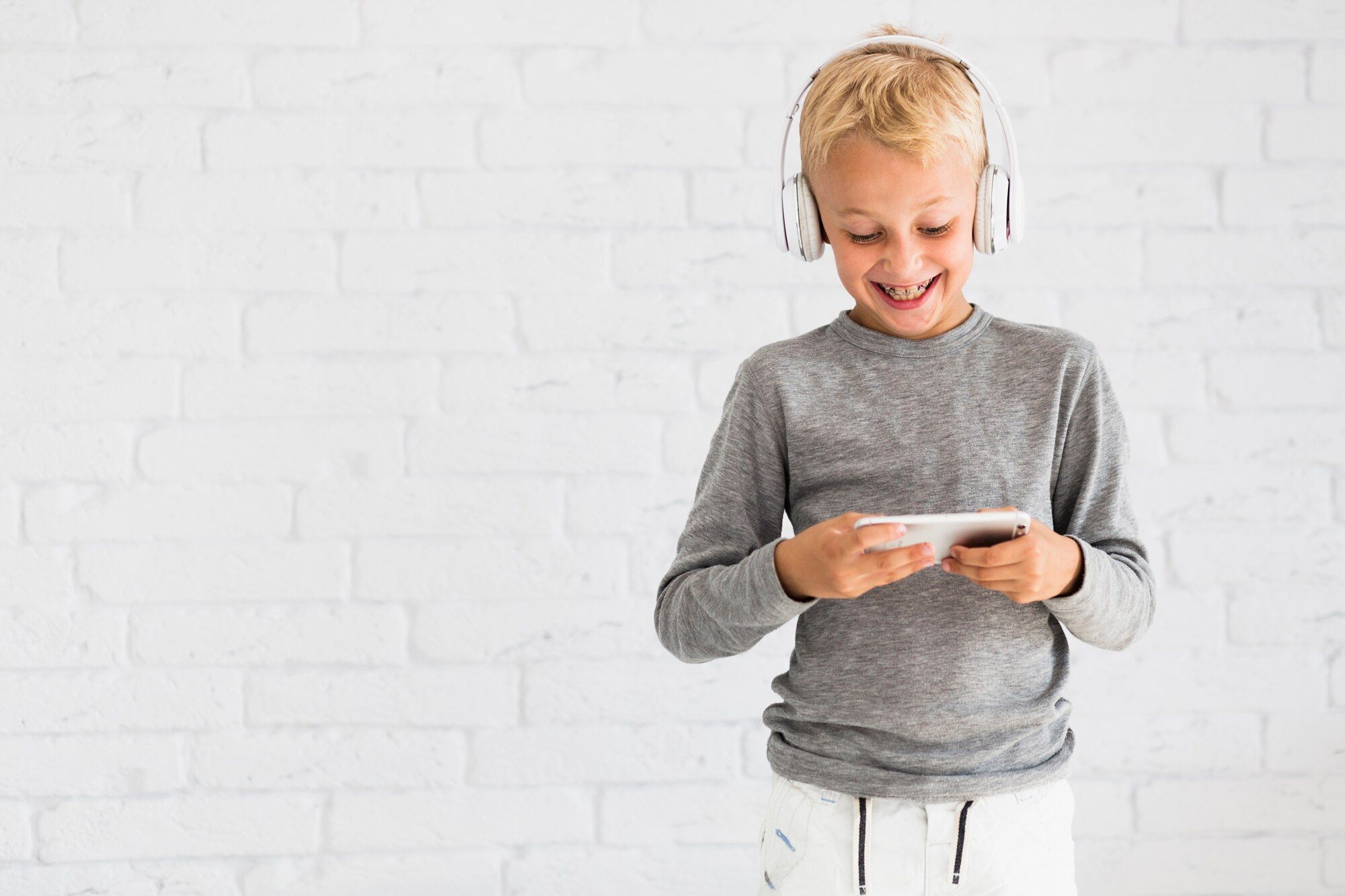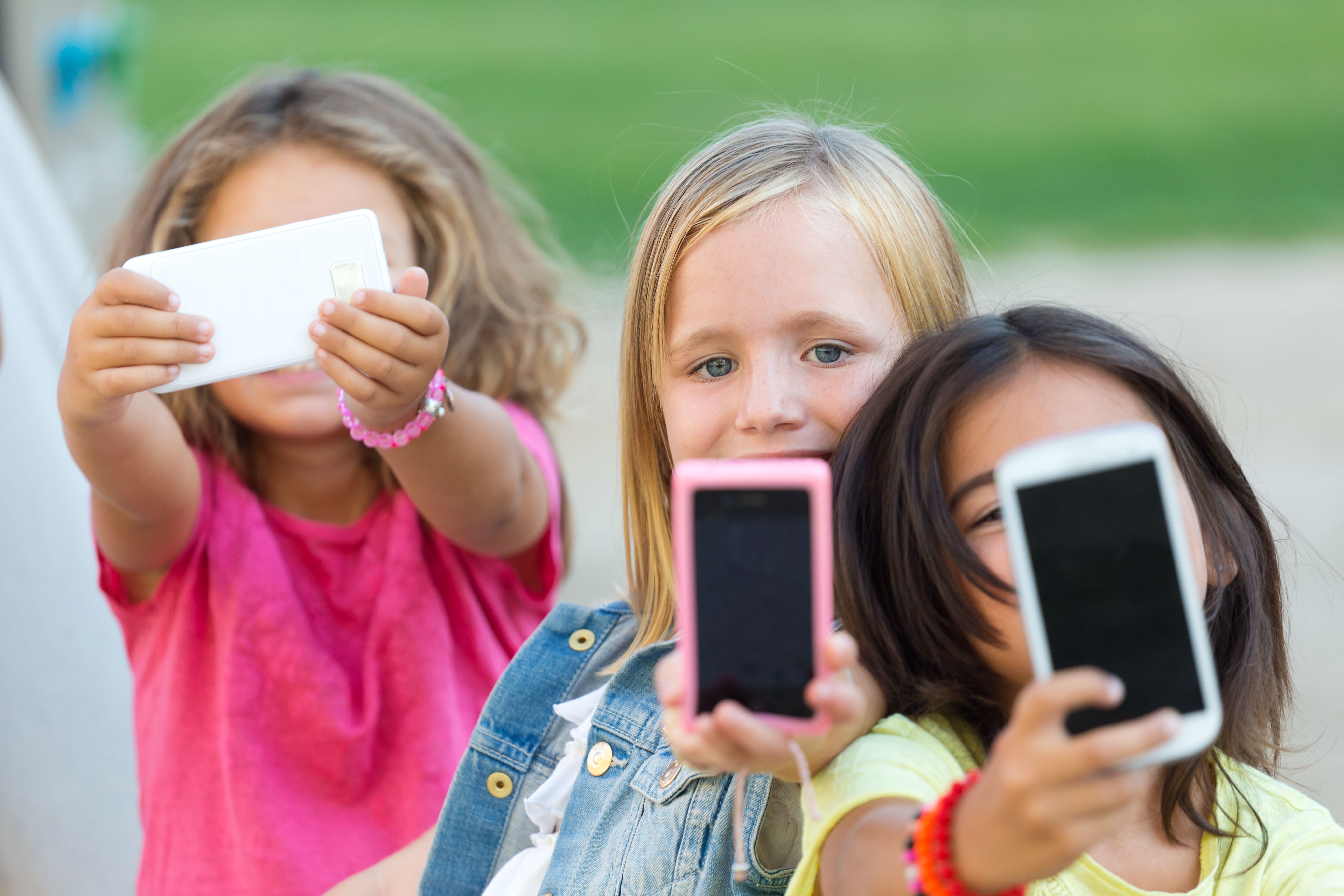digital addictiondigital parentingtechnology balance
09.07.2025
1 in 3 11-Year-Olds Is Already Screen Addicted - A New Study Sounds the Alarm

A study published in JAMA Psychiatry on June 18, 2025, analyzed the digital behavior of over 4,200 American children, tracked between the ages of 9 and 13. The results are alarming: 32% of these children developed a form of digital addiction – to mobile phones, social media, or video games.
“This is the first time we’re seeing, in real time, how tech addiction develops in children—and the impact it has on their mental health,” the study’s authors note.
How the study was conducted
- The data comes from the ABCD Study – the largest neuropsychological research program for children in the U.S.
- The 4,285 participants were monitored over a 4-year period.
- Researchers didn’t just measure screen time, but also signs of addictive behavior: loss of control, school neglect, irritability without access to a device.
- Using AI technologies, they identified three usage trajectories:
- low use
- moderate and stable use
- high and increasing use (compulsive pattern)
What the researchers discovered
Children in the “high/increasing” group showed:
- a 2 to 3 times higher risk of:
- suicidal thoughts or behaviors
- anxiety and depression
- sleep disturbances and aggression
- a greater likelihood of poor concentration and academic underperformance
- symptoms of social withdrawal, irritability, and emotional regulation issues
Importantly: It wasn’t the amount of screen time itself that posed the risk, but how the technology was being used—compulsively, as an escape from reality, for social validation, or to self-soothe emotionally.
What digital addiction looks like in a child
Researchers identified several key warning signs:
- the child can’t stop using the device even if they want to
- they become anxious or agitated when the phone is taken away
- they spend hours on games or social media at the expense of sleep, schoolwork, or peer interaction
- they constantly seek stimulation, without breaks
The issue has also been discussed in Romania
The Romanian platform Biziday.ro picked up the study and summarized the main finding:
“One third of 11-year-old children are already addicted to phones, social media, and video games.”
What can parents do?
It’s clear that technology can’t—and shouldn’t—be removed from a child’s life. But it’s essential to make sure it doesn’t take over.
That’s where Tutorina comes in—a Romanian educational app that helps children and parents build a balanced relationship with technology.
Tutorina – turning a problem into a growth opportunity
Tutorina is not a blocking tool or a strict control app. It’s an educational platform developed in Romania to support families in building healthy digital habits. Its goal is to shift a child’s relationship with technology from passive and impulsive to conscious and guided.
Instead of applying punishments or rigid restrictions, Tutorina promotes a collaborative approach, where parents and children make decisions together—based on trust and mutual learning.
What Tutorina offers:
- Joint planning: Parent and child decide together how much daily screen time is healthy, based on the child’s age, needs, and daily routine. This “daily agreement” reduces conflict and builds a sense of responsibility.
- Smart monitoring: The app shows what apps are used, for how long, and at what times of day—giving parents a clear picture without intrusive surveillance.
- Positive feedback: The child receives encouragement through a simple Like/Dislike system that reinforces autonomy instead of punishment.
- Educational challenges: Tutorina includes quizzes and age-appropriate exercises to help children understand algorithms, online manipulation, and how to regulate their emotions and impulses.
- Adaptive filtering and protection: Parents can block inappropriate apps or use web filtering tools based on the child’s maturity level.
- Clear reports: Tutorina provides weekly reports to help parents identify usage patterns and have open conversations about digital habits.
Tutorina is not a digital watchdog, but a learning partner. In a world where children are developing addictive behaviors earlier and earlier, this platform offers an educational, practical, and age-appropriate alternative for modern families.
Conclusion
The study from JAMA Psychiatry isn’t meant to scare us—it’s meant to inform us.
Digital addiction doesn’t happen overnight, but it can be prevented if we act early—with empathy and the right tools.
Tutorina is one of those tools—a real support system for parents and children who want to navigate the digital world with wisdom, not fear.


